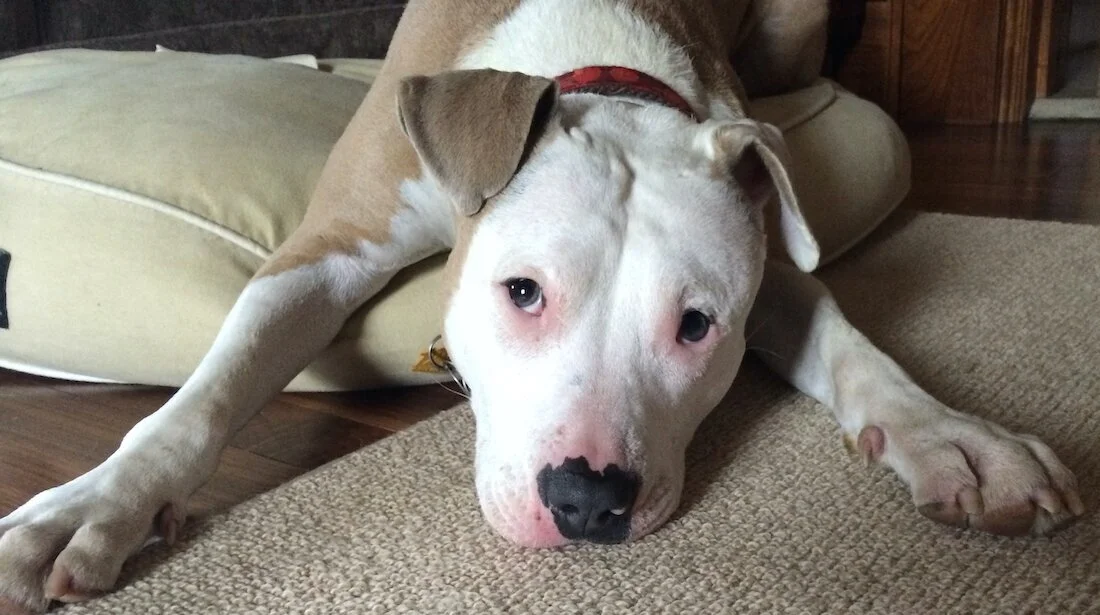I have a friend who, back in the mid 90s, started his own business. He got some angel investment, found space, built it out, hired a small staff, took out an ad and opened the doors.
He got a customer, then another, and by the end of the second month things were going better than he could have dreamed. So well, that his young office manager couldn’t keep up with all the paperwork. He found her late one night, overwhelmed, and realized he needed to offer some advice. “Don’t do any invoicing for a couple of weeks,” he suggested. “So you can catch up on the other stuff.”
So she didn’t. For a month. And sixty days later, busier than they had ever been, she came to him with the news that they had $174.95 in their bank account and payroll was due.
The problem, of course, was that he had never run a business before. And while he understood profit and loss, he didn’t know about cash flow, or AR, or 90 days past due, or uncollectables.
Worse. He didn’t know that he didn’t know.
I got a call from a company owner last September who thought he needed to re-brand his business. We had a meeting, the economy crashed, and he decided to wait until things got easier.
They closed last week. Not, I hasten to add, because he didn’t hire us. But because he was looking at a symptom - not a cause. He didn’t know what he didn’t know. (As an aside, I find re-branding about as effective as treating a heart attack with a capful of Tums. It’s not where it hurts. It’s why.)
Back when there was an economy, not knowing what you didn’t know was part of the journey of discovery that came with owning your own business. Over time you figured it out, and learned from your mistakes.
Today, that cushion is gone. If you’re going to make a mistake - and we all do - it can not be one of ignorance.
In that respect, running a business is a lot like being a frog. If you don’t know you’re in a pot of hot water, by the time the water’s boiling it’s too late.
By the way, the invoicing story turned out alright in the end. I never But he never made that mistake again.
Pay? Who, Me?
Any industry that sells creativity on demand dances a tightrope between art and expediency. In this economy, that rope is not only frayed but one-sided. Expediency 1. Art nil. Except, of course, we’ve never been in greater need of the creative spirit if we’re really to innovate our way out of this mess.
My friend Jerry Solomon runs a film production company and blogged about an issue this morning that exemplifies why we’re shooting ourselves in the foot when it comes to fueling innovation in this country.
Innovation requires creativity. Every year the advertising industry - one of the economy's creative drivers - meets in Cannes and offers an award for ‘the most innovative idea of the year’ - the Titanium Lion.
Which makes me wonder why so many advertisers and their agencies are now advocating a policy that would put out anyone’s creative fire.
Meet Sequential Liability - the art of commissioning work while shunning responsibility for its cost.
As advertisers and agencies race for the safety of the ‘hire now - pay much later or maybe never’ high ground, those left behind - the suppliers - are being asked to play today’s game by yesterday’s rules. ‘Hold the film negative’ is the new old cry.
But, as anyone who’s run their own business will tell you, that’s not a payment policy. It’s a time bomb from which the pin has already been pulled. Because in a world without credit, the cost of one uncollectible, one million dollar receivable can put a ten year old service company under - no matter how much film negative is in their vault.
If as a society we are going to create and innovate our way out of this, we need a model that encourages creativity and innovation.
And in this economy, expecting the smallest companies to do the work, provide the credit and take the risk is not that model.
In terms of the advertising industry, I like Jerry's first solution best. Have the advertiser put the money in escrow, draw it down as the job progresses and hold five percent until everyone signs off. Simple. Cheap. Effective.
And if an advertiser can’t afford to do that. Well, isn’t that how we all got here in the first place?
Hope is Not a Strategy
Remember when buying a home was a guaranteed return on investment?
Until some time early last year, the rule was that you bought a home as soon as you could, and as long as you kept it at least three years, you would sell it for more than you paid. In London, you only had to hold it for three months - and in some parts of town three days would do it. The possibility that a house or an apartment might one day be less than the loan we took out to pay for it was literally inconceivable. It just never occurred to us
When the real estate market headed south, we reacted too late because it couldn’t be happening. We had no tools to deal with it. So we waited for the ‘bounce’ and hoped. I think we all know now it’s going to be a long wait.
In this economy, owning a business has a lot of similarities. Most business owners have stock answers to dealing with downturns. And if you owned your own business in the post 9-11 trauma, you learned something about getting through tough times.
But these days the question is not how did you deal with the post 9-11 economy? The better question is what did you do in the aftermath of ’29. As in 1929. The only historical reference we have. These are once in a lifetime conditions and a lot of people are unprepared for that. Like the value of their home, they’re still trying to use an emotional model to deal with it.
Hope. Supported by luck.
But hope is not enough. Nor is it a strategy. To survive in an economy where breaking-even is the new win, you have to get past the emotional barrier that this can’t be happening. For many businesses, that means going back to the days when our first focus was on how to cover payroll. And if you’re not at that point, then here’s what you’re hoping.
That you get work. That it’s profitable. That you get paid on time. That you get paid at all. That you get paid often enough to cover your overhead. That your bank will lend you money if things get tight. That the job you’ve been waiting 6 weeks to come through will come through. That the check is in the mail. That things aren’t as bad as they seem. That things will be fine.
You might be okay with one of those. But beyond that, you need a plan that deals with bad and worst-case scenarios. And does so before you get to that point. Because a plan made calmly is always a better plan.
As Andy Dufresne said, “Hope is a good thing. Perhaps even the best of things.”
But even he didn’t think it was a strategy.
Lay Off the Lay-Offs
The news this morning is that more people lost their jobs in February than in any month since 1949. Which makes 4.4 million since December 2007. Staggering numbers. We’re on our way to ten percent unemployment.
But why? Aren’t these the very people that companies need to buy their products and use their services? Without a job they’re not likely to be consuming much of anything.
Companies that are choosing lay-offs over salary reductions - and it is a choice - are only looking at one side of the problem. Cutting costs. They’re hoping someone else figures out how to encourage people to spend.
I was in a meeting yesterday in which we heard that a highly paid employee had been told he was being let go last week. He asked if he could take a thirty percent pay cut instead. The company instantly agreed.
I’m sure he and his family are spending less than they were. But they are still spending. And more than if he had lost his job entirely. Which doesn’t take into account the fact that he’s not depleting his investment funds to pay for his lifestyle, or putting his house on the market. That’s a model that will create a natural bottom to all this built on real value.
If every company faced with the need to cut overhead had looked at the problem holistically, the answer would have been pretty clear. Companywide salary cuts give you: better cost saving results faster; more ability to keep your customers happy; a belief among your staff that you’re trying to protect them; a shared willingness to innovate and take responsibility for finding answers and flexibility if things get worse or improve. It also keeps the economy moving forward, albeit at a slower pace.
As a species, we do best when we’re moving forward. And generally we’re pretty good at being able to keep one eye on where we’re going while navigating the broken pavement along the way.
Running a business is the same thing. But if you’re only worrying about avoiding the broken pavement, who knows where you’ll end up?





























